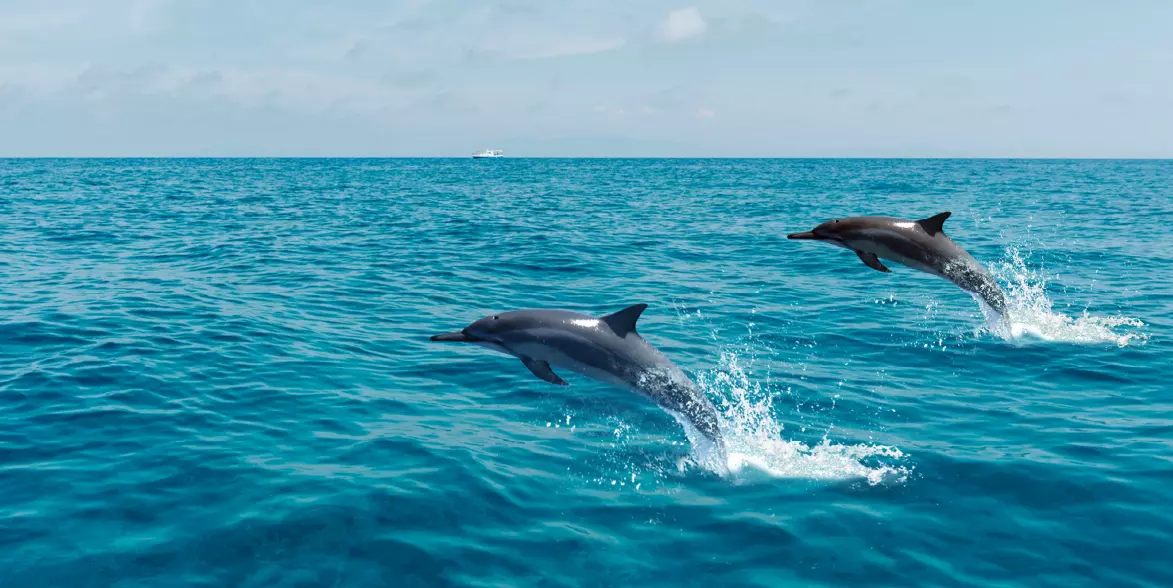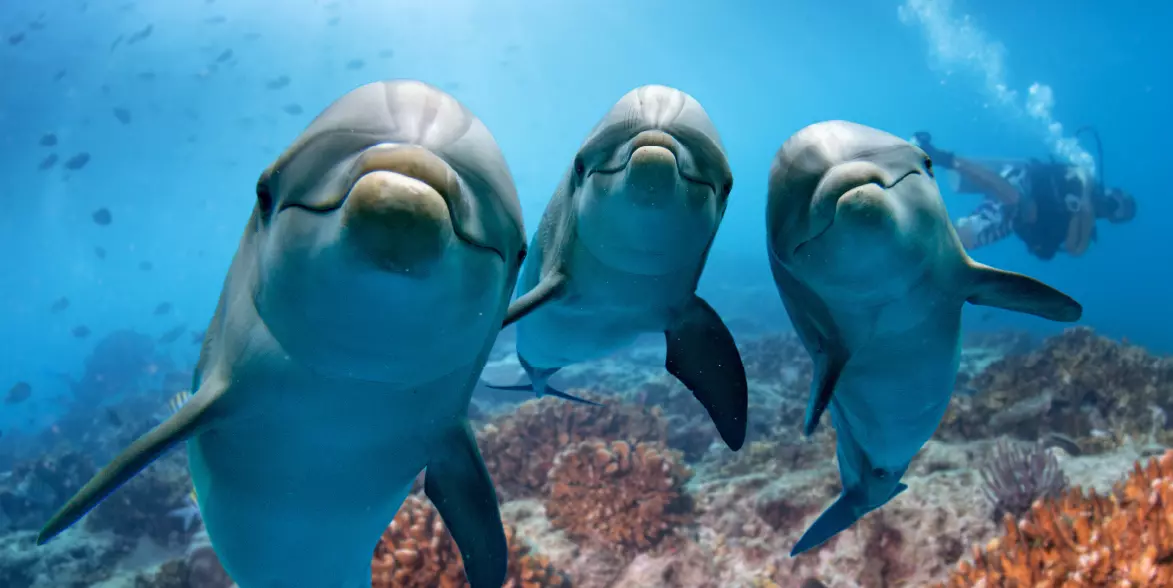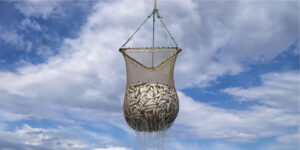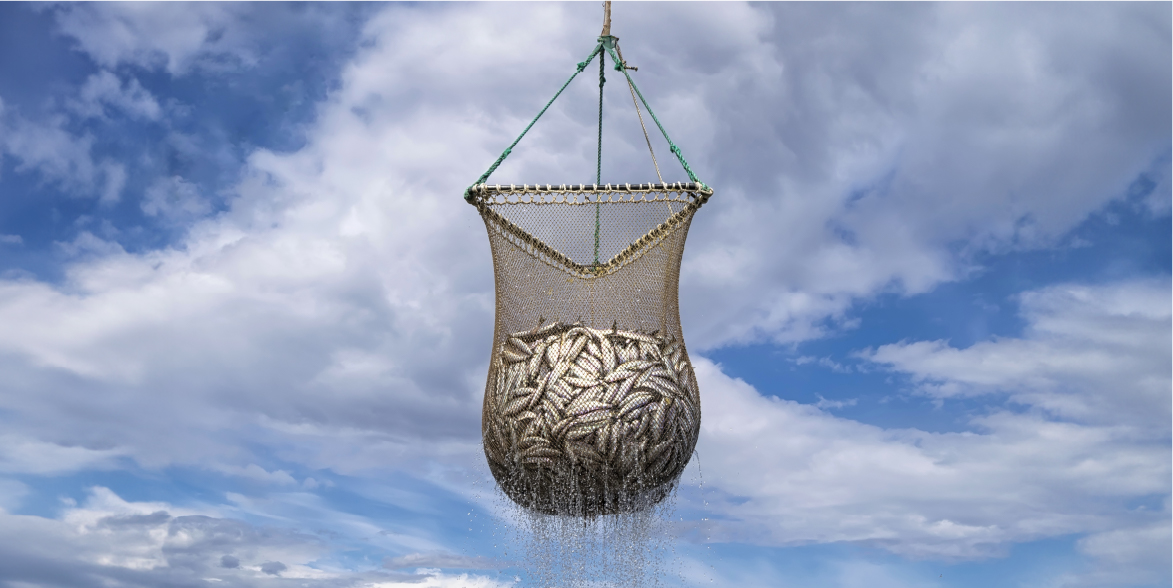Dolphins, like other mammals, breathe through their lungs. They need to surface regularly to breathe through blowholes located on the top of their heads. Despite spending most of their lives in the ocean, dolphins don’t drink seawater. So, how do they stay hydrated? Let’s delve into the facts!
Why Don’t Dolphins Drink Seawater?
The answer is simple: seawater contains extremely high salt levels. The high salt content in seawater can draw fluids out of a dolphin’s body, leading to dehydration and electrolyte imbalances.
Marine mammals, however, have adapted to the salty marine environment. They possess ‘super kidneys’ that can filter out excess salt from their bodies. Accumulated salt is excreted through special glands. This is why dolphins don’t need to worry about swallowing a small amount of seawater.

How Do Dolphins Get Fluids?
Dolphins obtain the necessary fluids from their diet, primarily fish. The body fluids of fish have lower salt levels compared to seawater. Therefore, dolphins don’t need to drink seawater to meet their hydration needs.
Each day, dolphins consume a significant amount of fish. An adult dolphin can eat up to 13 kg of fish per day. Additionally, they favor crustaceans and cephalopods as part of their diet.
Dolphins swallow their prey whole and, despite having teeth, they don’t chew their food. Their teeth are for capturing and holding prey to prevent it from escaping. While feeding, dolphins may inadvertently ingest seawater, but their excellent excretory system handles it efficiently.
What Happens If Dolphins Ingest Too Much Seawater?
Ingesting a significant amount of seawater can be highly detrimental to dolphins. The high salt content burdens their kidneys, which play a crucial role in eliminating metabolic waste from the body. This applies not only to dolphins but also to humans and other marine mammals.
In mild cases, dolphins ingesting excessive seawater may experience dehydration, weakness, and fatigue. In severe instances, they can suffer seizures, drown, or even die.
So, dolphins don’t drink seawater because of its high salt content. They acquire the fluids they need by consuming fish, and their excretory system helps remove excess salt, enabling them to thrive in the salty marine environment.
Understanding dolphin life helps us appreciate the importance of preserving the marine ecosystem they inhabit. Dolphins are integral to the ocean food chain and play a vital role in maintaining the balance of marine ecosystems.
Hence, it is essential to protect the cleanliness of the sea. Polluted waters pose a threat to dolphins and other marine creatures. Additionally, overfishing can lead to larger marine animals struggling to find sustenance, resulting in malnutrition, hunger, and even death. Overfishing can also disrupt marine ecosystem structures.
Let’s join hands with Aruna to safeguard the marine ecosystem, ensuring the well-being of fishermen and the availability of fish for future generations!











Leave a reply
No comments found.